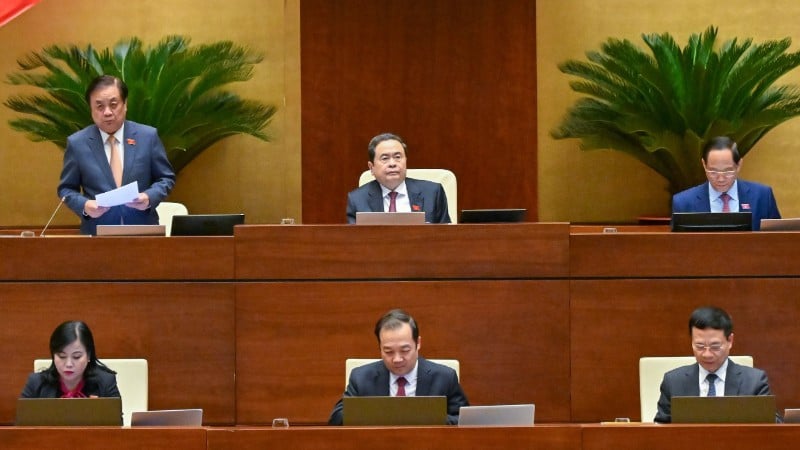
National Assembly Chairman Tran Thanh Man and Vice Chairman of the National Assembly chaired and directed the meeting. (Photo: DANG ANH)
Many thoughtful opinions have been put forward, in which ensuring the right to social supervision is considered the key point for the law to be effectively put into practice. After nearly 15 years of implementing the Law on Practicing Thrift and Combating Wastefulness, our country has achieved certain results in raising awareness of thrift and combating waste in the state apparatus and the whole society. However, practice shows that there are still many limitations, especially the lack of clarity in regulations, lack of transparency in publicity and ineffectiveness in supervision.
Publicity and transparency are prerequisites for supervision.
In that context, amending and promulgating this Law is an urgent requirement to fully institutionalize the Party's policies, especially the direction of the Central Steering Committee on preventing and combating corruption, waste and negativity.
According to many delegates, the promulgation of the Law is a necessary step to strengthen discipline in the management and use of national resources. The prerequisite is to put social supervision at the center, only when people have access to public and transparent information and have a mechanism to participate in supervision, can thrift and anti-waste truly become a way of life, a culture in the apparatus and the whole society.
Referring to the issue of clearly identifying wasteful behaviors, delegate Nguyen Tam Hung (Ho Chi Minh City Delegation) pointed out an alarming situation: Many digital transformation projects, management software, and scientific research results have been invested with hundreds of billions of VND but have not been put into operation or have been put into operation at a standstill, causing prolonged waste. The delegate proposed to add to the law the behavior of "not using or ineffectively using scientific and technological research results and digital transformation projects that have been invested by the state budget".
Many delegates consider the disclosure of information on savings and anti-wastefulness to be a vital factor for people to exercise their right to supervision. According to delegate To Thi Bich Chau ( Ho Chi Minh City Delegation), current regulations are too general, lacking deadlines, forms and standardization of disclosure forms; it is recommended that the law clearly stipulate the deadlines and mandatory forms of disclosure on electronic information portals of state agencies, linked to the responsibilities of the heads.
Regarding the responsibility of the head when it has not been specified, some opinions suggest clearly regulating: Inspection, examination, investigation agencies, the People's Procuracy, and the head of the direct superior agency, when receiving information about waste, are responsible for directing and organizing clarification according to their functions and tasks, preventing and promptly handling according to their authority or recommending competent authorities to handle according to the provisions of law.
Delegate To Van Tam (Quang Ngai Delegation) proposed adding regulations prohibiting acts of providing false, fabricated, or exaggerated information about waste, while clarifying citizens' responsibilities in practicing a civilized and frugal lifestyle in weddings, funerals, and festivals...
At the end of the discussion, Minister of Finance Nguyen Van Thang spoke to explain and clarify a number of issues raised by National Assembly delegates.
On the same morning, during a discussion at the hall about the draft Investment Law (amended), the majority of opinions said that amending the law would institutionalize investment freedom, create a transparent and open environment but with strategic selection, reduce the "ask-give" mechanism and link incentives with innovation.
Regarding the special investment procedures in Article 29, delegate Ha Sy Dong (Quang Tri delegation) commented that this is a breakthrough, but emphasized that "special mechanisms must have special criteria" to avoid abuse. The delegate proposed adding conditions that only apply to national priority technology projects such as semiconductors, artificial intelligence (AI) data centers, renewable energy, with a capital scale of at least 50 million USD or more.
In addition, delegates discussed the implementation of investment activities of economic organizations with foreign investment capital; projects subject to investment policy approval; authority to approve investment policy; projects subject to issuance of Investment Registration Certificates; authority to issue, adjust and revoke Investment Registration Certificates; special investment procedures; principles of investment project implementation; duration of operation, progress of investment projects; transfer of investment projects...
Regarding the review of conditional business investment sectors in Article 7, many opinions suggested that it is necessary to continue reviewing to ensure rationality and effectiveness, and at the same time add a quality control mechanism after removing 25 sectors.
AI must become the new driving force, the new competitive capacity
Discussing the controversial contents of the Artificial Intelligence (AI) Law project on the same afternoon, the majority of delegates said that the bill clearly defines Vietnam's approach to artificial intelligence, both friendly to AI development and minimizing the risks that AI can cause.
Focusing on the controlled testing mechanism, delegate Hoang Minh Hieu (Nghe An Delegation) said that this is a very important issue to create conditions for AI development, remove legal barriers that are hindering AI models, allow testing within a limited scope to obtain data to prove effectiveness, thereby promoting long-term regulatory reform. Therefore, it is necessary to expand the scope of organizations and individuals participating in controlled testing to be exempted or reduced from some compliance obligations; clearly identify the responsible entity if the test causes damage to third parties; research and supplement support mechanisms for organizations and individuals participating in testing to prevent risks, create favorable conditions and encourage the spirit of innovation.
In the digital age, the healthcare industry is considered one of the fields with the most potential for AI applications with clear impacts on the process of diagnosis, treatment, patient management as well as pharmaceutical research and development. However, some issues such as legal responsibility in case of artificial intelligence errors and medical data security, ensuring patient safety are not clearly regulated. Delegate Tran Khanh Thu (Hung Yen Delegation) said that the draft law adds more specific provisions to manage artificial intelligence products for healthcare, especially the responsibilities of relevant parties.
Some opinions suggest that foreign platforms with more than 5 million Vietnamese users must establish legal entities in Vietnam and take legal responsibility like Vietnamese enterprises; must immediately establish a National AI System Safety Committee under the Prime Minister to promptly deploy strategies to develop Artificial Intelligence systems in line with the National Digital Transformation Strategy; and focus on developing human resources in the field of AI.
Clarifying some issues of concern to delegates, Minister of Science and Technology Nguyen Manh Hung said that AI governance is not about inventing a “new framework”, but about inheriting human intelligence management experience and applying it to a stronger and faster tool. Regarding legal responsibility when AI causes damage, the draft has added clear responsibilities for developers, suppliers, deployers and users. The Minister emphasized that the risks of AI come from the decision-making process, not the physical risks themselves; however, AI applications in transportation, healthcare, finance, etc. must be considered high-risk systems and have been regulated in the draft.
Source: https://nhandan.vn/de-cao-giam-sat-xa-hoi-trong-thuc-hanh-tiet-kiem-chong-lang-phi-post926441.html


![[Photo] President Luong Cuong attends the 50th Anniversary of Laos National Day](/_next/image?url=https%3A%2F%2Fvphoto.vietnam.vn%2Fthumb%2F1200x675%2Fvietnam%2Fresource%2FIMAGE%2F2025%2F11%2F27%2F1764225638930_ndo_br_1-jpg.webp&w=3840&q=75)



![[Photo] Prime Minister Pham Minh Chinh chairs the 15th meeting of the Central Emulation and Reward Council](/_next/image?url=https%3A%2F%2Fvphoto.vietnam.vn%2Fthumb%2F1200x675%2Fvietnam%2Fresource%2FIMAGE%2F2025%2F11%2F27%2F1764245150205_dsc-1922-jpg.webp&w=3840&q=75)

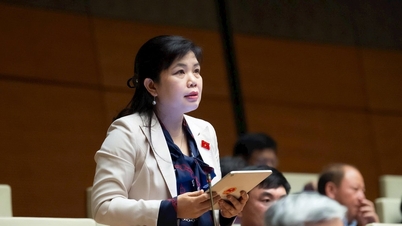

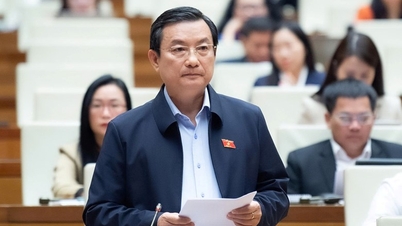

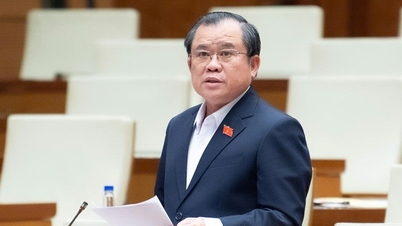
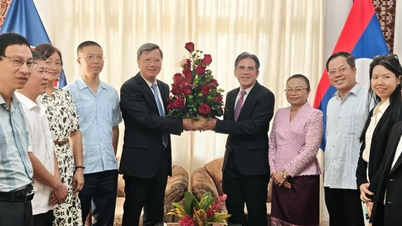


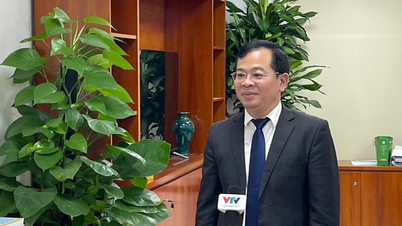





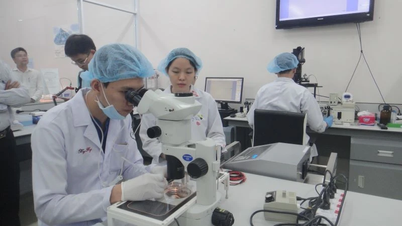
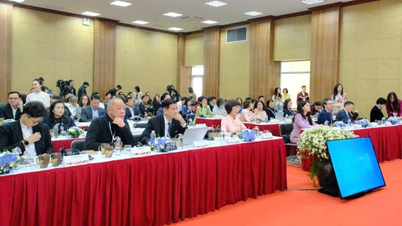


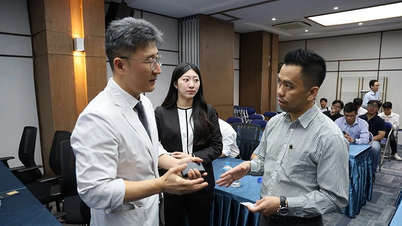






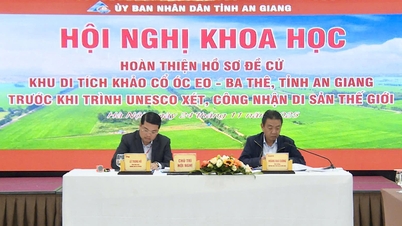






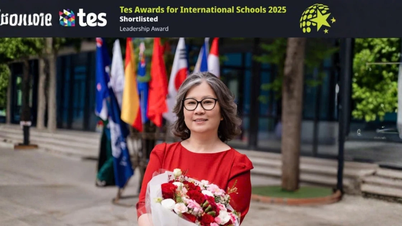
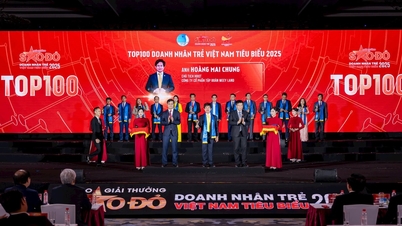


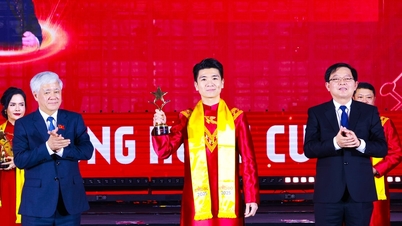
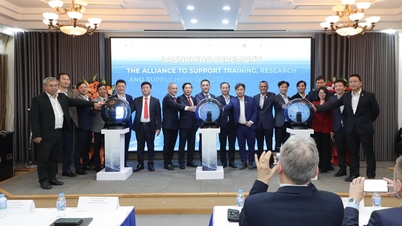



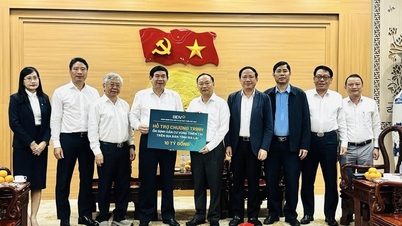

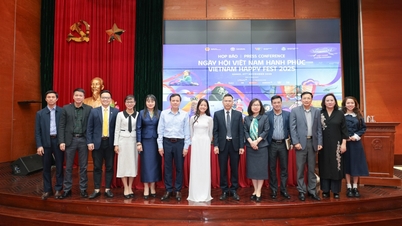


















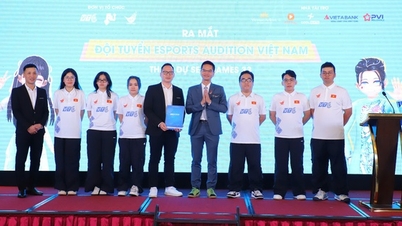


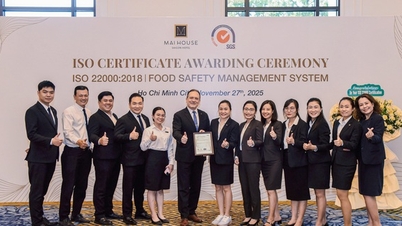
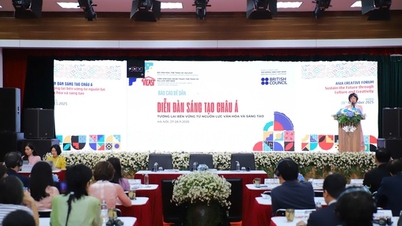
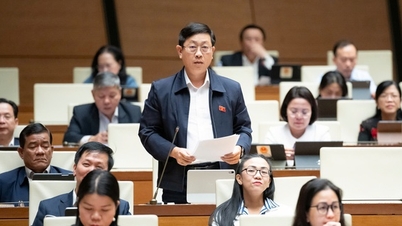
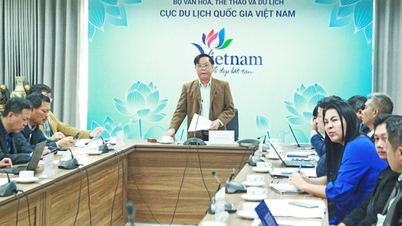
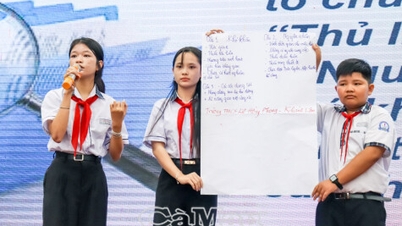


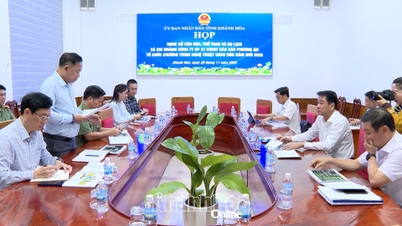

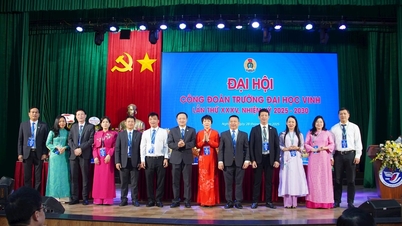



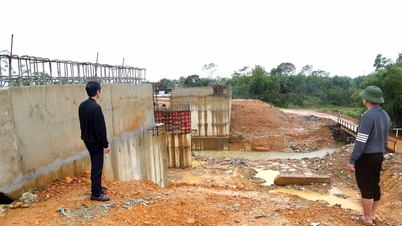













Comment (0)